‘March Against Monsanto’ Draws As Many As 2 Million Globally, As Facebook And Twitter Once Again Show Social Media’s Effectiveness As Organizing Tools [PHOTOS]
As many as 2 million people in 436 cities in 52 countries around the world may have demonstrated in March Against Monsanto protests conducted Saturday, according to the Associated Press, which cited event organizers.
The demonstrators targeted the St. Louis-based Monsanto Co. (NYSE:MON) because of its historical role in introducing genetically modified products into the food supply. GM products are controversial for a number of reasons. One centers on health risks; another centers on labeling.
Because labeling is not mandatory but voluntary in many jurisdictions, such as the U.S., consumers are not universally made aware which products are GM and which products are not GM. Hence, one sign singled out by AP in its coverage of the March Against Monsanto protest in Los Angeles Saturday read, “Label GMOs, It’s Our Right to Know.”
The March Against Monsanto was the brainchild of Tami Canal, who created a Facebook page Feb. 28 calling for a rally against the seed company’s practices. “If I had gotten 3,000 people to join me, I would have considered that a success,” AP quoted Canal as saying Saturday. Event organizers also employed Twitter in an attempt to both document and maximize the turnout.
“It was empowering and inspiring to see so many people, from different walks of life, put aside their differences and come together today,” Canal said. “We will continue until Monsanto complies with consumer demand. They are poisoning our children, poisoning our planet. If we don’t act, who’s going to?”
Of course, Monsanto countered that its seeds enhance agriculture by helping farmers produce more from their land while conserving resources such as energy and water, according to AP.
Meanwhile, the U.S. Senate this week killed a bill that would have allowed states to require labeling of GM products.
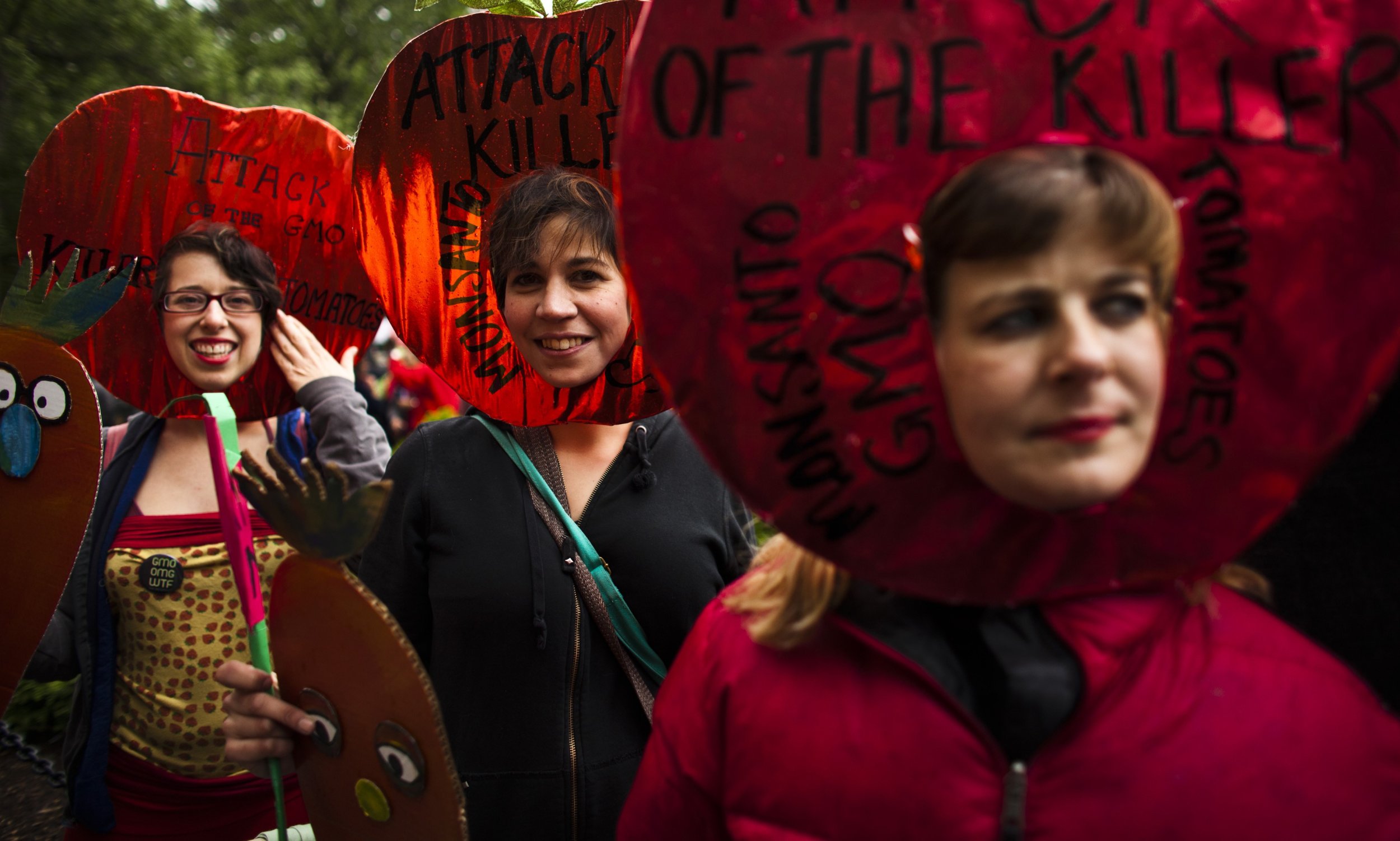
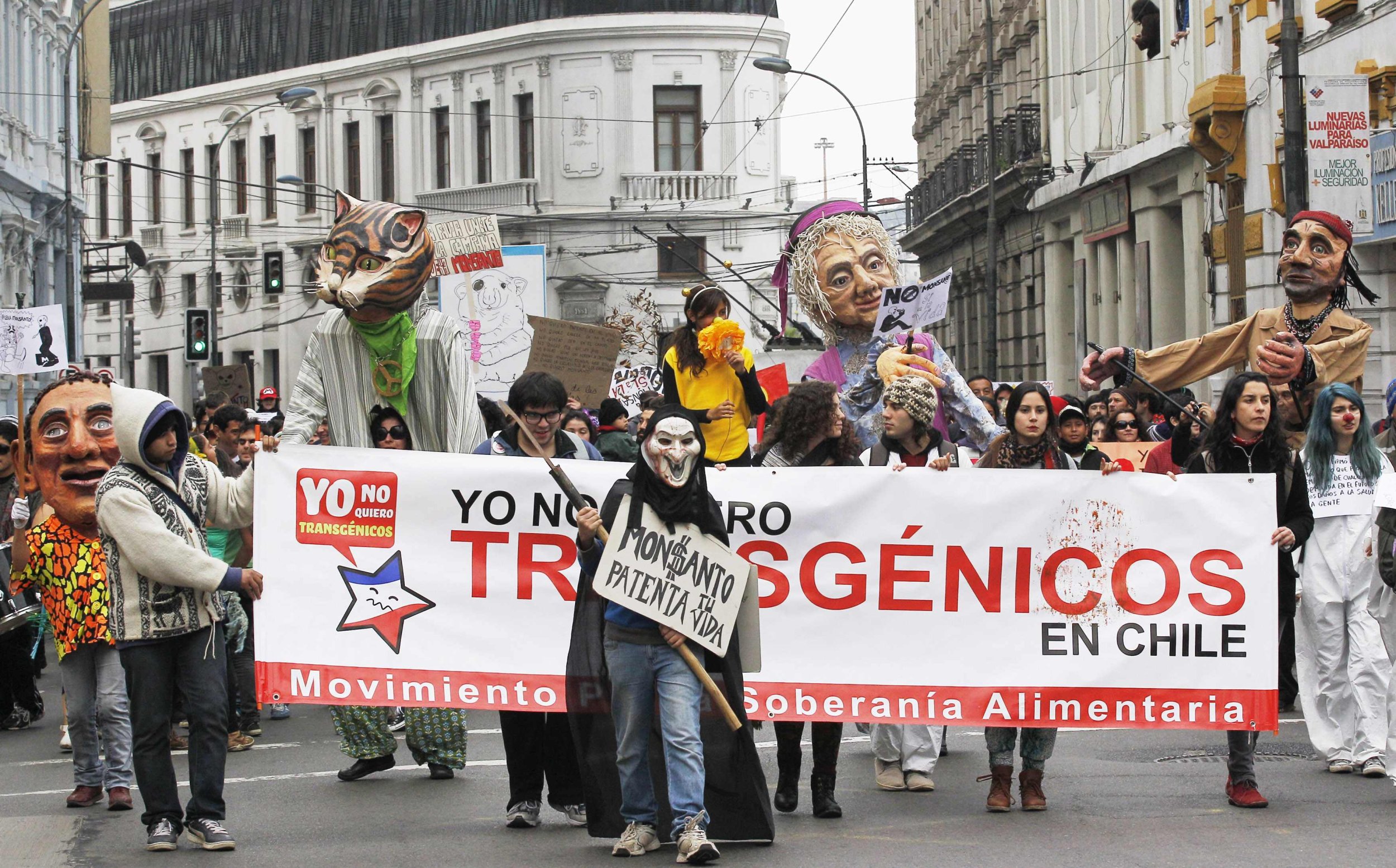
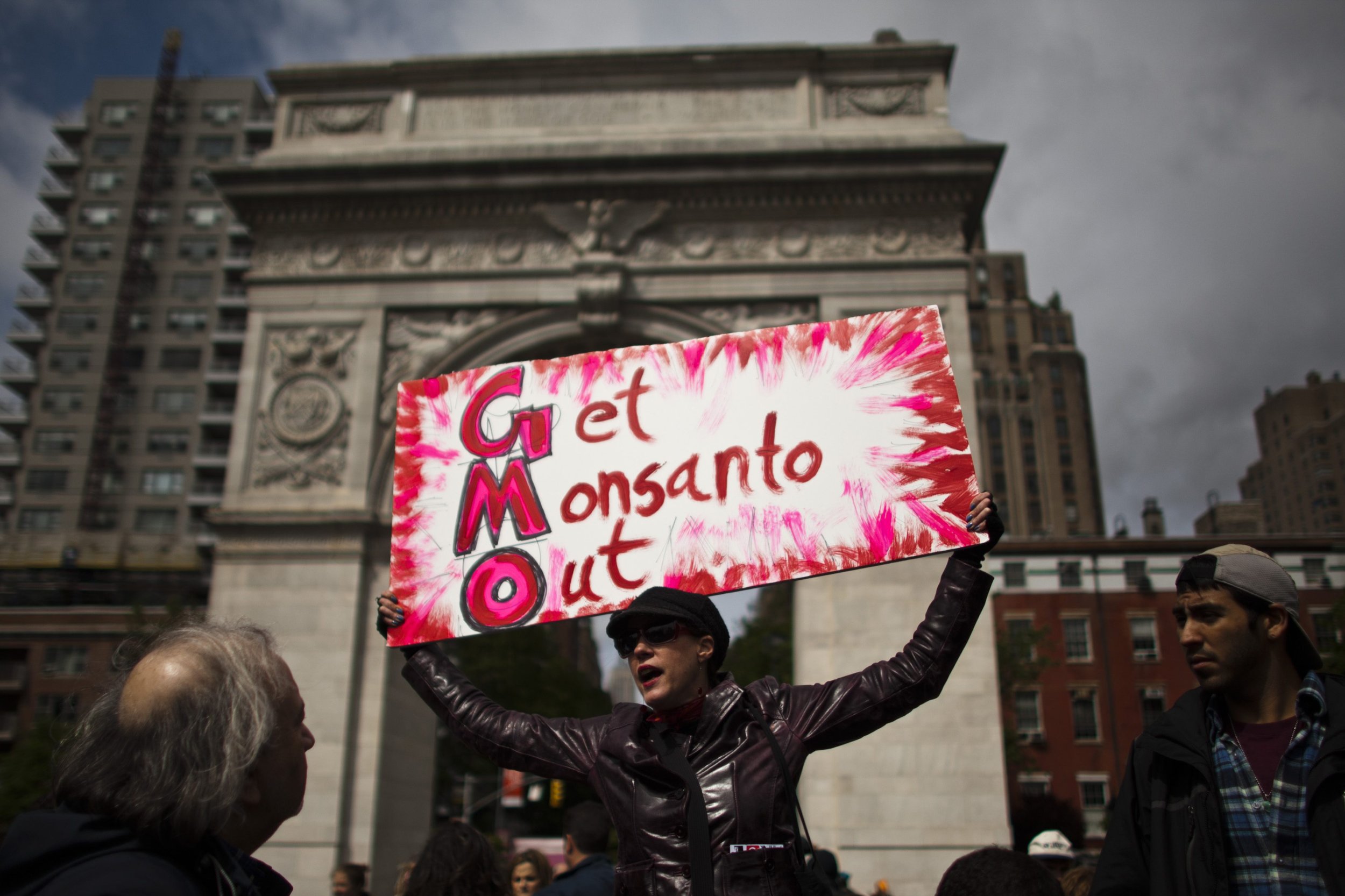
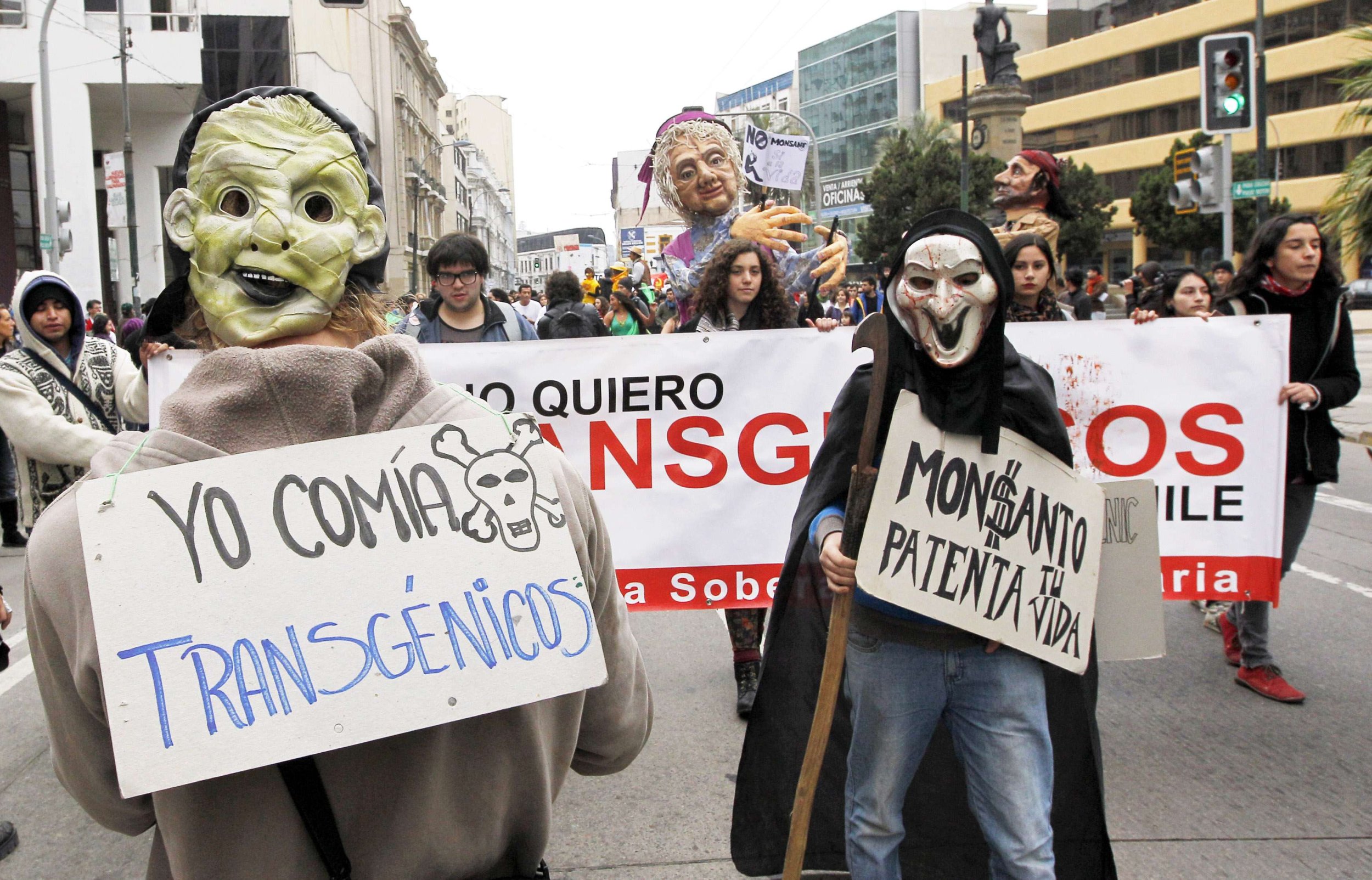
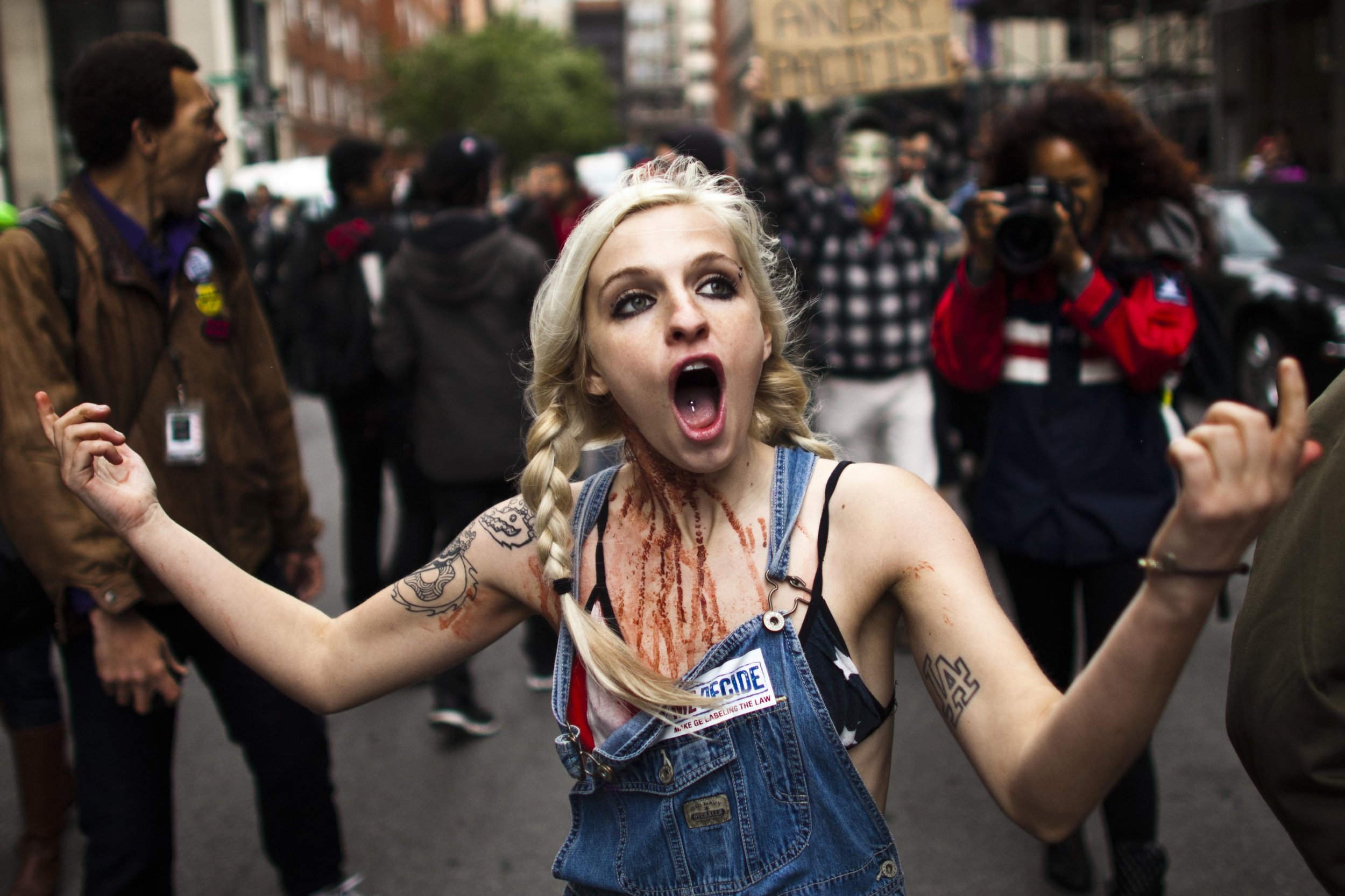
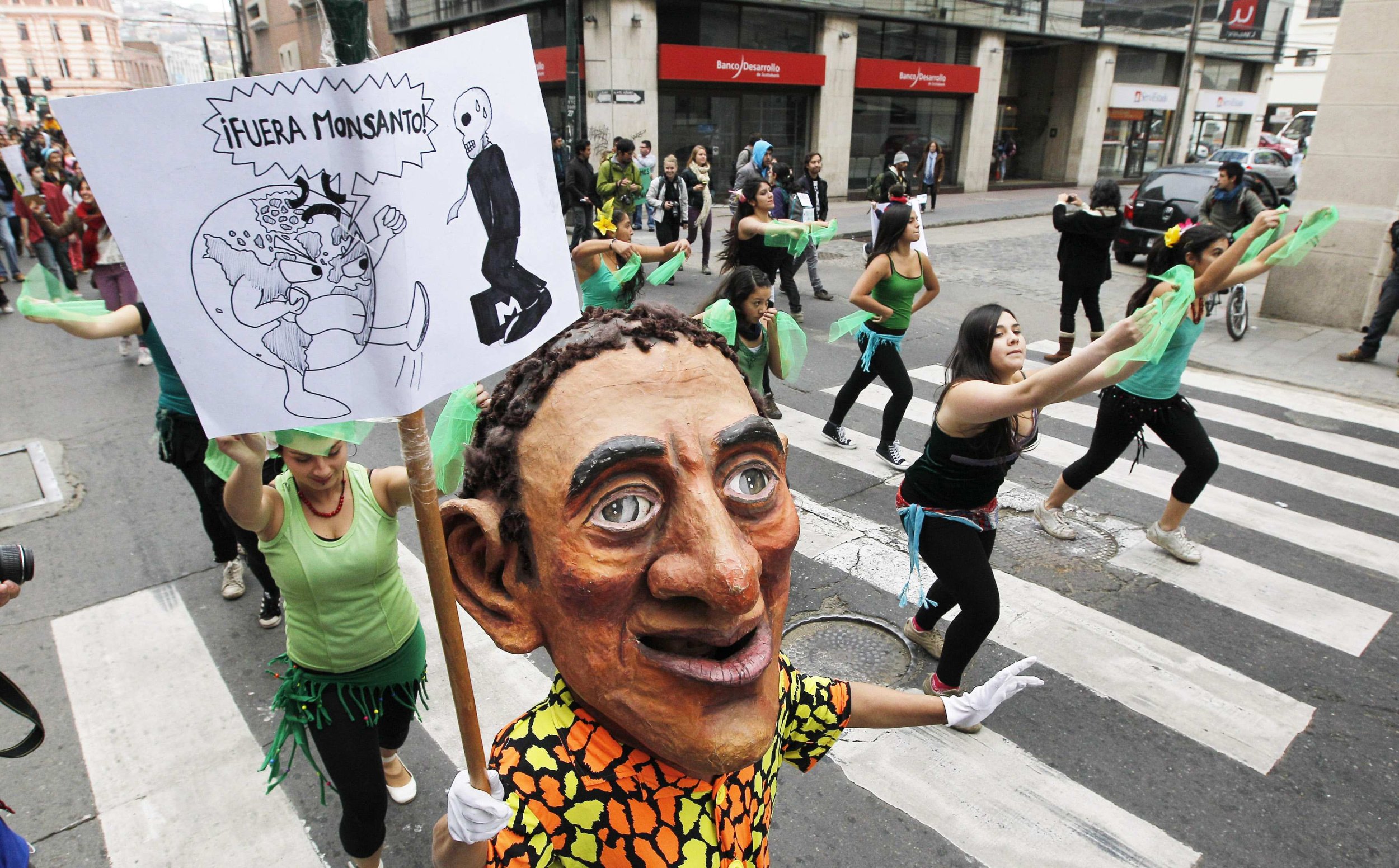
© Copyright IBTimes 2024. All rights reserved.












